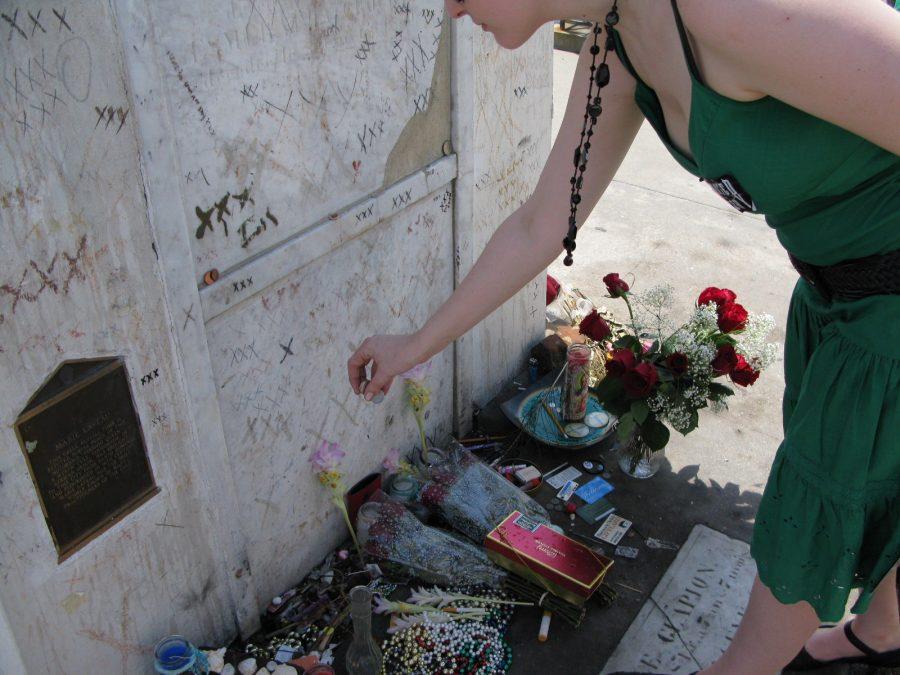Know your NOLA: the queen of voodoo
October 27, 2016
When Angela Bassett is the most sensible choice to portray a historical figure, logic says that figure deserves the title of queen.
So when the name Marie Laveau sends shivers down the spine of the French Quarter, know she earned her epithet: Queen of Voodoo. Laveau’s life remains shrouded in mystery, though. Between her secretive voodoo practices and stature within New Orleans society, she became the obvious target of rumors both loving and fearsome.
Accounts of her birth year vary — evidence suggests 1794 — but it’s clear she passed in June of 1881. Born a free woman of color with French and Creole roots, Laveau had New Orleans coursing through her veins from the start.
She married twice. Her first husband, Jacques Paris, went missing after only a year of marriage, and was later presumed dead. After her husband vanished, Laveau became a hairdresser for the wealthy elite of New Orleans. Whispers came through her salon, granting her access to the secrets of the upper crust. She used this knowledge to create the image of a mystic for herself, and many came to her for advice because of this wisdom.
Laveau’s public persona involved Catholicism, but her house on St. Ann Street became a known spot for voodoo rituals. Because of Voodoo’s ties to herbalism, she actually became a skilled nurse, helping victims of both cholera and yellow fever.
“Notably in 1853 a committee of gentlemen, appointed at a mass meeting held at Globe Hall, waited on Marie and requested her on behalf of the people to minister to the fever stricken,” A Times-Picayune obituary for Laveau said. “She went out and fought the pestilence where it was thickest and many alive today owe their salvation to her devotion.”
Her charitable deeds and kindness defined her in New Orleans society. Even with that, her reputation as voodoo queen still struck fear in her admirers and critics alike. Firsthand accounts of her darker “magic” are hard to come by, but clearly people knew that conflict with the so-called voodoo queen didn’t end well.
Even without the mythos surrounding her, Laveau’s historical significance to New Orleans holds up. A woman of color with social power and a natural inclination to help those in need, balanced by a reputation that could keep white folks in check made her a fearsome figure. Add in whatever ceremonies were going on with her pet snake, Zombi, and try not fearing the name Marie Laveau.























Leave a Comment